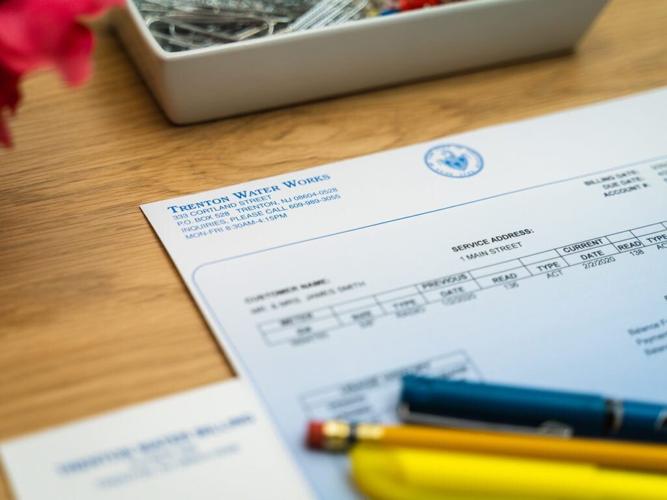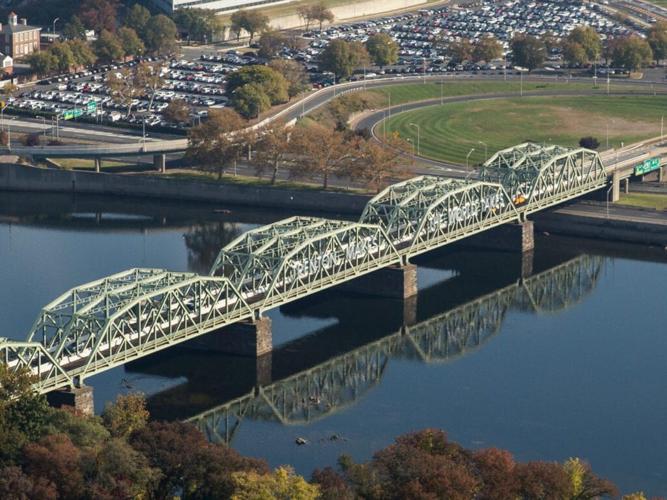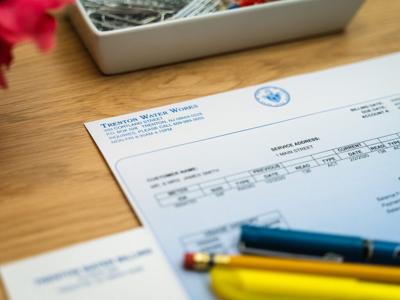
(Photo source: drjtbc.org.)
The Delaware River Joint Toll Bridge Commission shifted to temporary cashless toll collections at 10 p.m. last night in response to the worsening coronavirus pandemic.
Until further notice, tolls at the Commission’s 7 cash/E-ZPass tolling points will be assessed electronically via E-ZPass or through toll notices sent to registered vehicle owners via U.S. Mail. The commission notes that the latest available statistics show that more than 75 percent of transactions at Commission toll bridges are now collected through E-ZPass.
The new emergency toll-collection process will eliminate exchanges of currency and change that could spread coronavirus among customers and toll collectors.
The new toll-assessment process applies to 7 toll bridges managed by the commission: Trenton-Morrisville (Route 1), New Hope-Lambertville (Route 202), Interstate 78, Easton-Phillipsburg (Route 22), Portland-Columbia (Routes 611, 46 & 94), Delaware Water Gap (Interstate 80) and Milford-Montague (Route 206).
The Scudder Falls (Interstate 295) Toll Bridge is an all-electric toll facility and is not affected by this new temporary emergency process.
How it works
There are no changes for E-ZPass customers; they should proceed through lanes marked for E-ZPass as they do now.
Motorists who previously paid cash at commission toll plazas will be directed to a single lane (far right) at each tolling point. While these lanes will have overhead signs reading “cash,” the respective toll booth will be closed with an accompanying placard stating “Cashless tolling in effect. Keep moving.” Motorists should move through these lanes at 5 to 15 MPH through these lanes without stopping.
In the absence of toll-both attendants, overhead equipment will record the passage of any vehicle without a functioning E-ZPass transponder. A bill for the transaction — for the toll only — will be prepared and mailed to the vehicle’s registered owner at a future date.
The commission says that since this is a new process, specific details about the wording of billing notices and issuance dates are still being worked out.
As currently planned, a non-E-ZPass-equipped vehicle’s owner would have 30 days from a toll-notice’s issuance date to provide payment to the Commission’s toll-processing service provider — the regional New Jersey E-ZPass Customer Service Center. Payment can be made by credit card or check. More information will be on the notice.
Failure to make payment by the prescribed due date will cause the toll bill to be placed in violation. A $30 violation fee will be applied to each toll transaction that goes unpaid and ascends to violation status.
The commission encourages motorists who must travel during the current coronavirus crisis to get E-ZPass if they don’t already use the electronic toll-paying service.



